2020 so often feels so isolating, so directionless, full of dangers and impossibilities. When we have an infrequent spare moment, we all seek the most fragile of things: hope, justice, compassion—and sometimes to remember why we love the things we love.
In advance of Sirens at Home, as we contemplate gathering safely online rather than in person with the warmth of the Sirens community, we invited members of that community to write about what speculative fiction means to them. We think you’ll find their essays reassuring, a common touchstone that we all need when we’re adrift, and perhaps a welcome remembrance of something you love.
Today, we present an essay by Edith Hope Bishop.
At the edge of a gray city, on a narrow rocky beach, a giant driftwood log rests peacefully on the shore. Someone, for unknown reasons, has carefully hollowed it out with fire. The result is a smooth and blackened portal, large enough for an adult to crawl through, if she’s willing to ruin her clothes.
The log has been there, sitting on this beach, for many months now. Sometimes the tides shift it slightly so that the great O of its core encircles the water, or the distant mountains, or the buildings and trees nearby. Sometimes the sea drapes it gently in emerald and ruby kelp. Barnacles and crabs and insects all snuggle in its outer grooves and ridges. If you sit at one end and listen, the sounds of children playing and seabirds laughing and the splash of waves all pass through and around the portal. It sits, waiting, in sun and moonlight and torrential rain, and slowly, ever so slowly, the edges of the portal diminish as the elements take what they will.
Someday, a group of young people, full of passion and laughter and in search of firewood, will probably douse it in fuel and burn what’s left. Don’t worry, this won’t be a sad occasion, but a joyous one. The demise of this curious thing will be an evening of revelry and play, as wild as any feast of the fae, or some ancient ritual of the deepest magick.
Part of the portal’s power, you see, is that it’s temporary. It’s a liminal, momentary place where it feels you might fall out of your life forever, if you dare. You may have experienced something like this before: the edge of a storm, where the dark clouds meet the blue sky and the electricity in the air is full of secrets and unspoken love and the longings of the dead. Or deep October, when the oak drops her leaves to the sodden ground, and the veil between worlds thins, and there are whisperings in the mist and cold hands to hold in the dark. Or a clear night in the mountains when the stars pulse and call and beg you to remember who you really are. These are hollow places. There’s room for every breath and possibility. But you must go now, or you’ll miss it.
We can’t always be there, in that sparkling awareness. We have work to do and mouths to feed and dishes to wash. We have problems to solve and sorrows to carry. We are, after all, mere mortals. But we can, when we need to, return to the magic places, if we’re lucky enough to know their stories.
Fairy tales, folklore, fables and all great stories enable us to conjure such places, experiences, and feelings, even if they were long ago and far away. Even if they never were at all or haven’t been yet. Language can lovingly give us what our daily, busy, hassled lives sometimes forget: Wonder. The space inside our hearts where our truest selves reside. The betwixt and between.
Stories function the same as the driftwood portal, or the October night. They do more than open a mere doorway to another world; they embody the spaces and experiences that expand our very beings and open us to the mystery and energy of existence.
What’s more, the special ability of stories is that they last. Not forever maybe, but they stay long enough to rest patiently on our shelves until we can visit them again. Then, miraculously, with the same urgency and danger of a forbidden kiss, or the storm’s edge, they call us down to the moment we’re in. They prick our fingers, and ruin our clothes, and lift the veil to everything we are or could be. Stories take us to the electric edge of what we know. And then they stay with us. Somehow, brilliantly, they stay.
I would take you there, if I could. To this driftwood portal on the little beach, with the grey city nearby and the mountains asleep on the horizon. We’d sit close and wait until a storm crept up to contend with the blue sky. Then we’d laugh, and place bets on who might win and why, and carve our names in the sand and make a ring around us of wish stones. And then, just as we started to get cold, or heard our mothers calling, or felt we’d be missed from home, we’d abandon everything we ever knew, and crawl through to a new story of our very own.

Edith Hope Bishop grew up in South Florida, is 1/4 Puerto Rican, holds degrees from Harvard and Columbia, and taught for several years in a public high school. She’s an active member of the Pacific NW Writers Association (PNWA), the Society of Children’s Book Writers and Illustrators, and the International Association for the Fantastic in the Arts. She was a finalist in the PNWA Literary Contest in 2013 and 2016, was nominated for a 2016 Rhysling Award (for poetry), and has been previously published in Mythic Delirium Magazine, Lucia Journal, Yellow Chair Review, and four benefit anthologies for Sirens Conference. She writes sad bastard songs for jilted mermaids as Foulweather Bluff, though she spends the majority of her time on adult and middle grade speculative fiction. She can usually be found near a body of salt water. You can follow her @ehbishop on Twitter and learn more about her work on her website.















































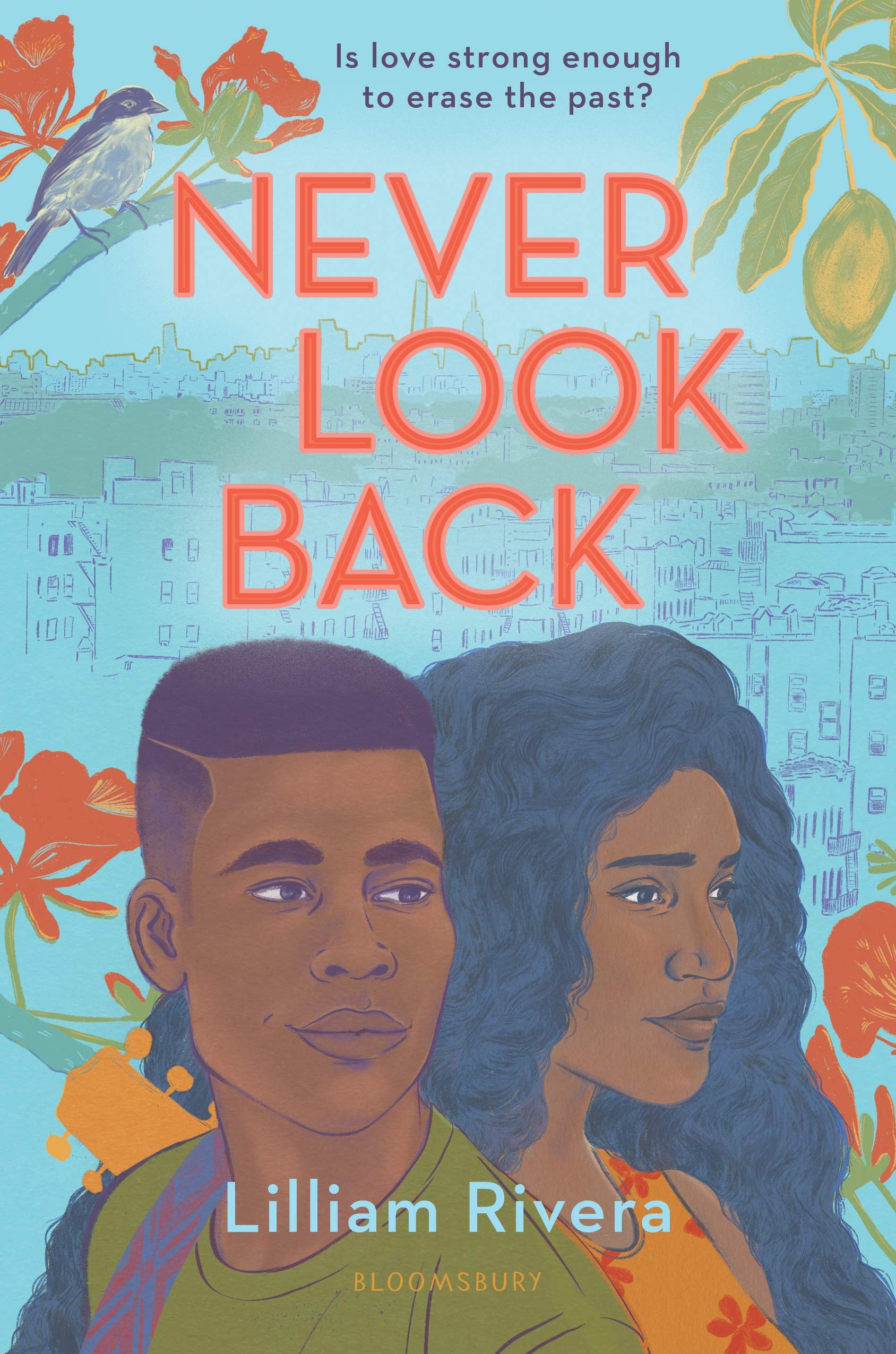

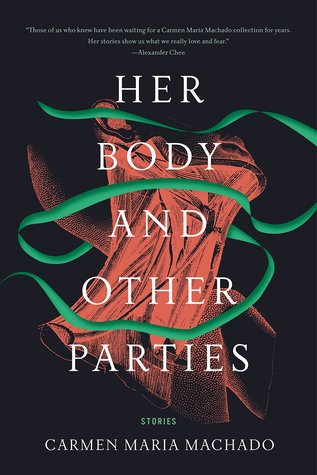

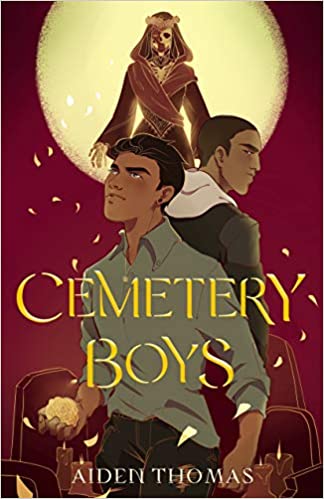

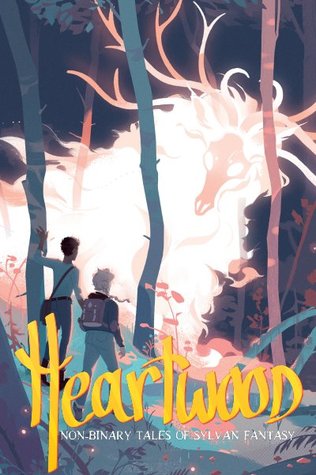

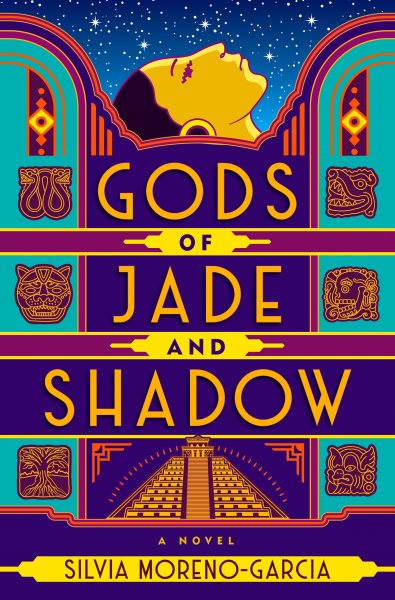

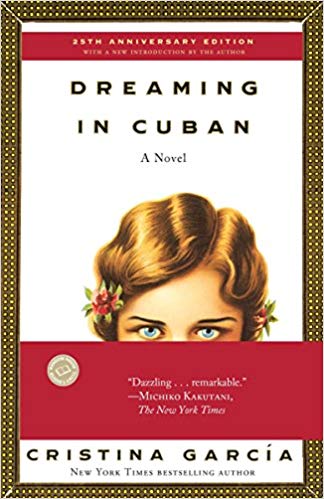

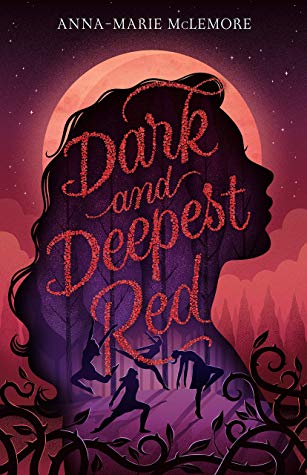

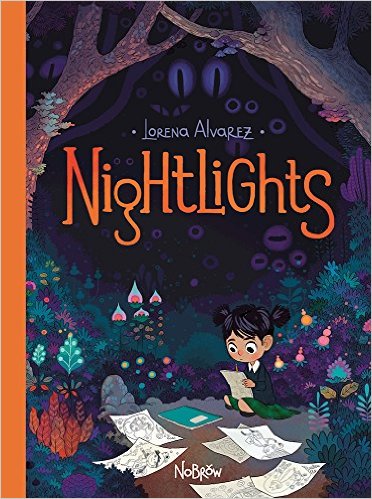

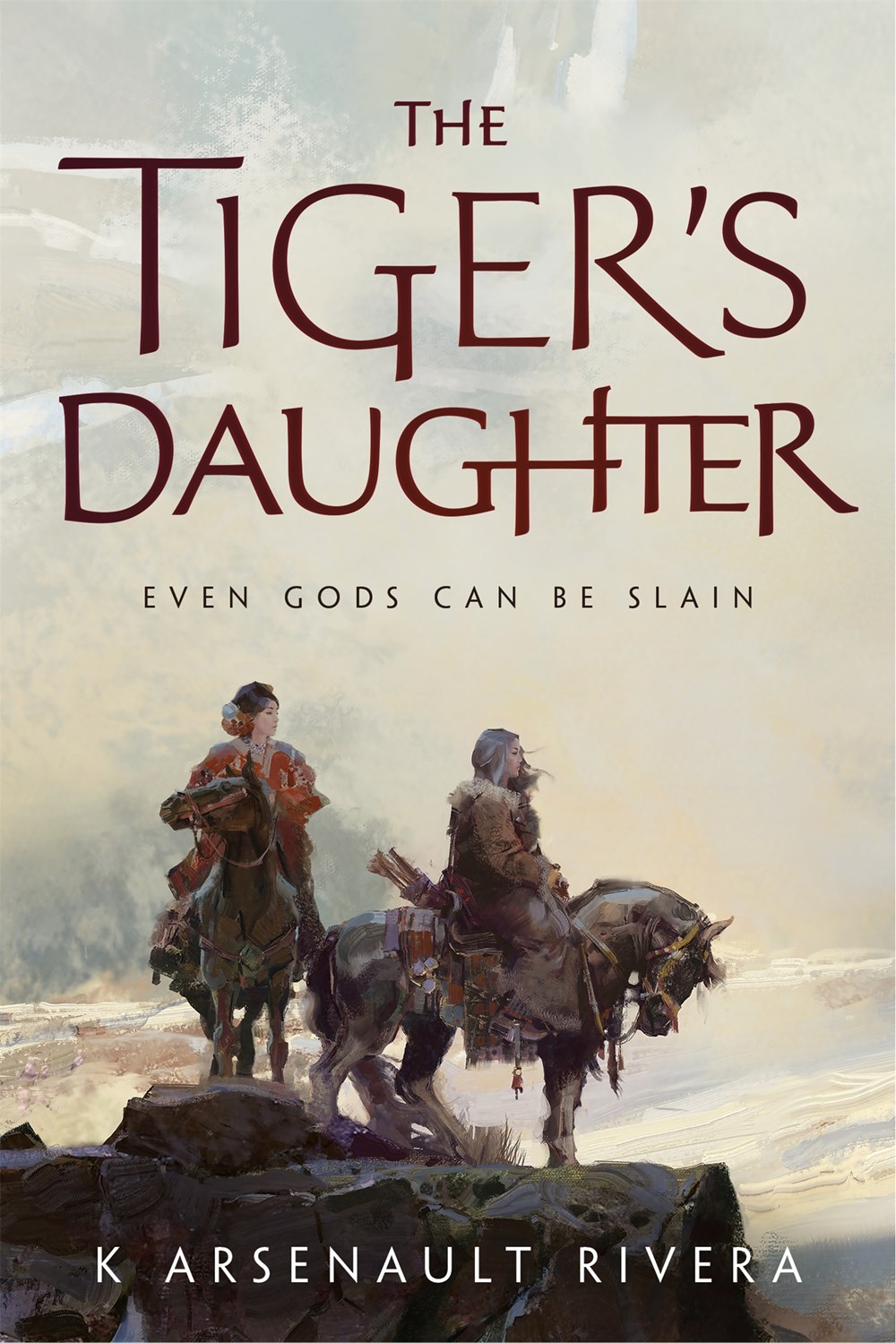

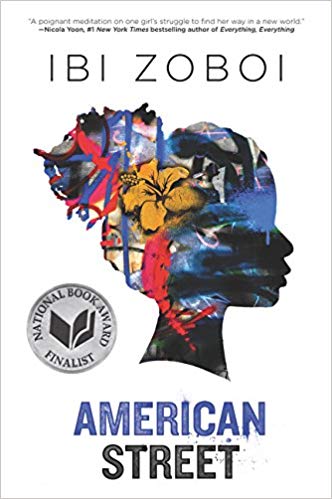

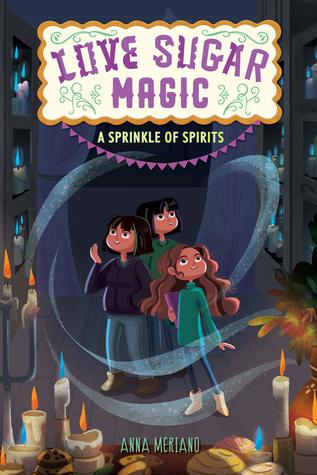

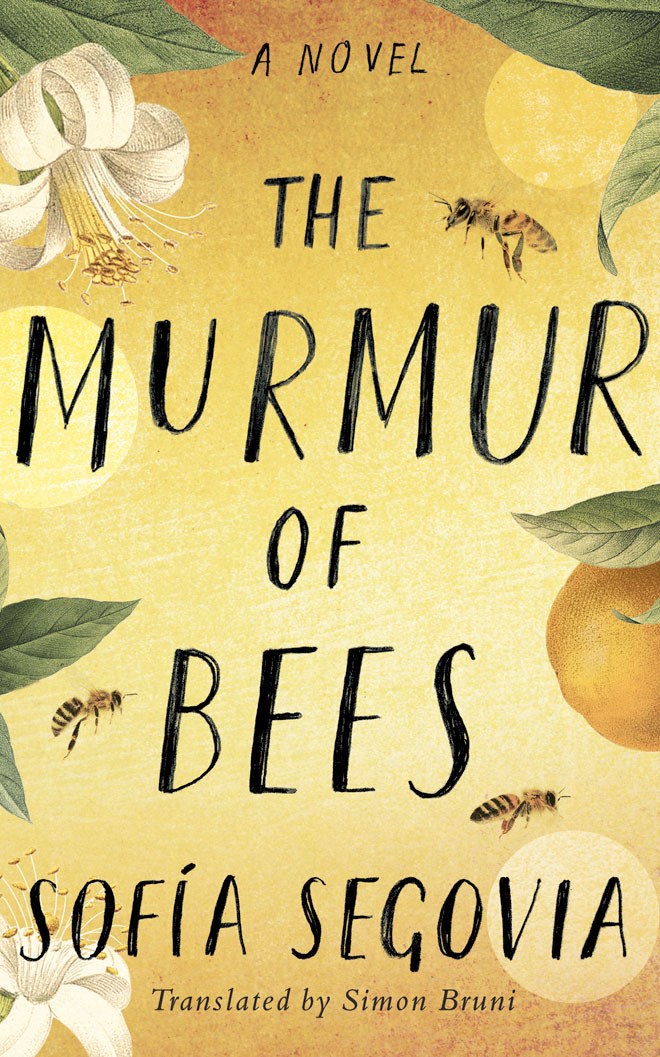

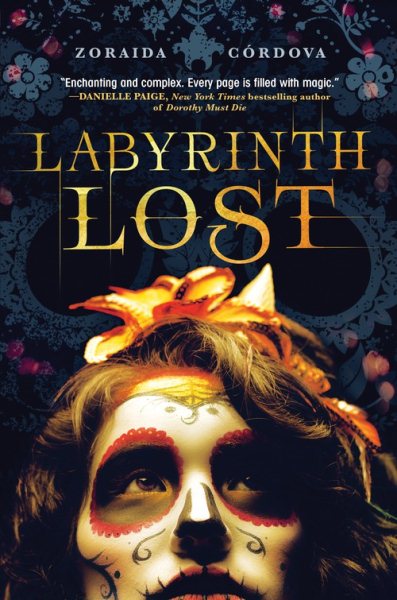

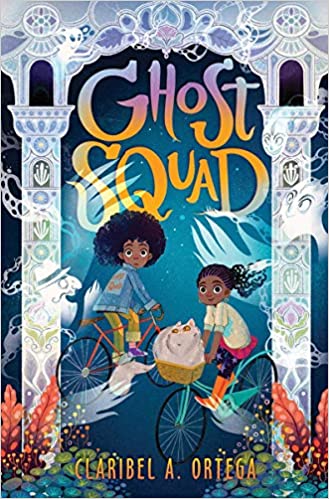



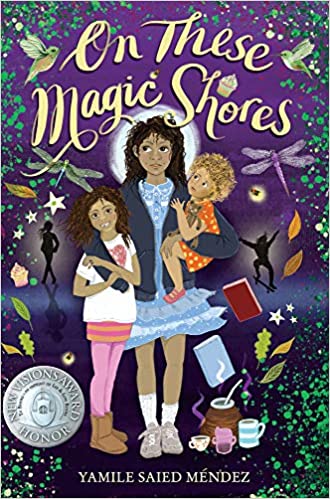

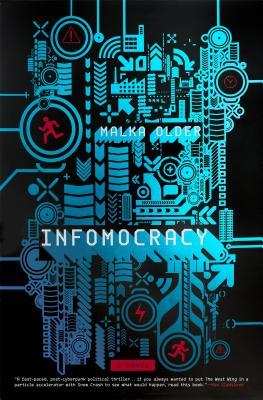



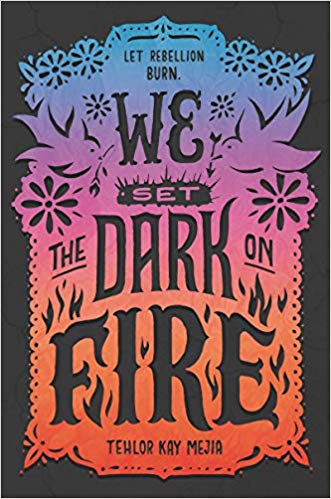

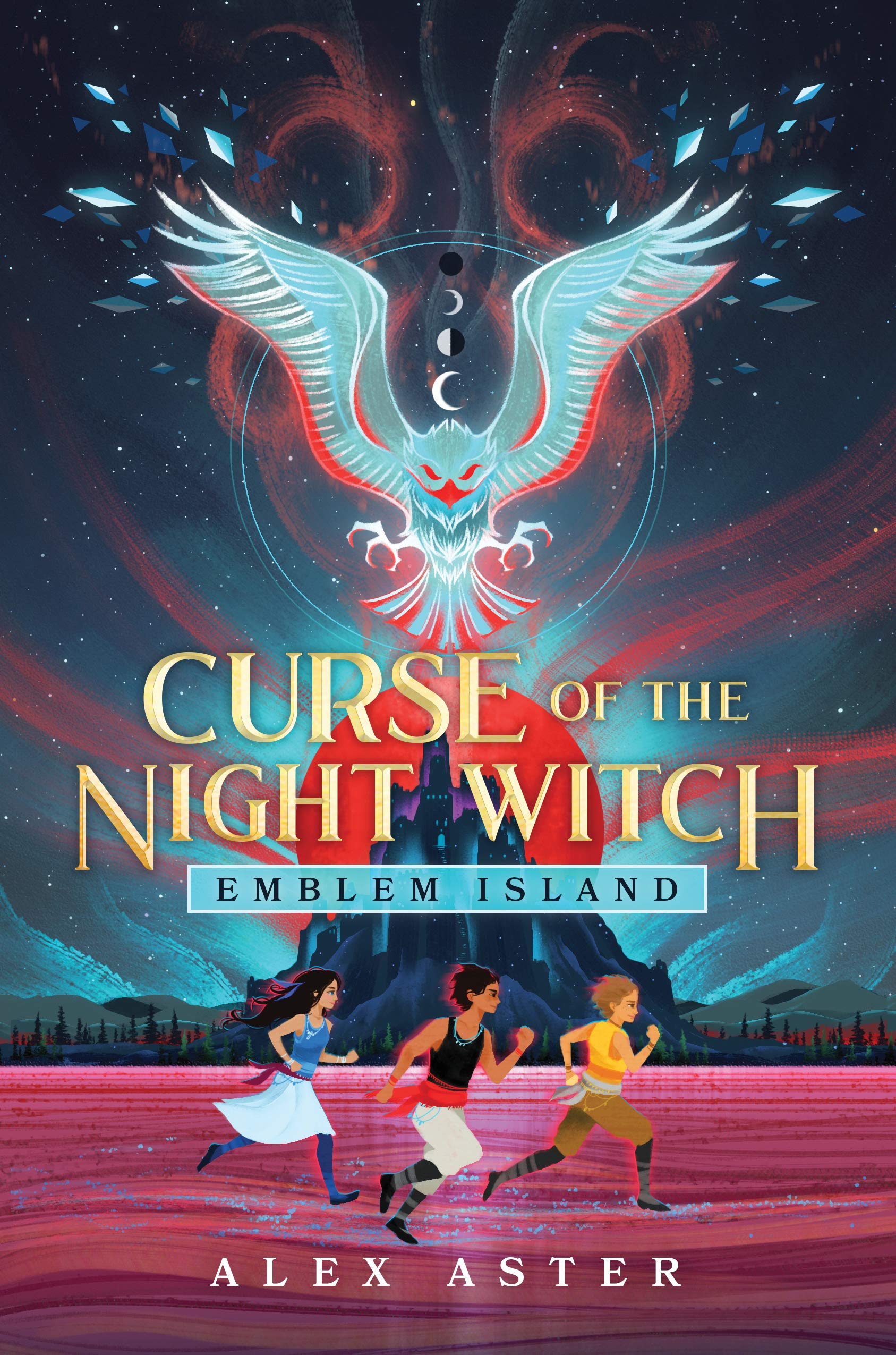

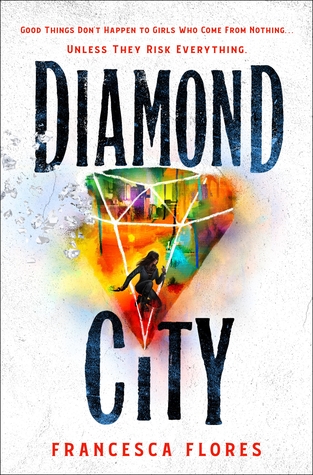

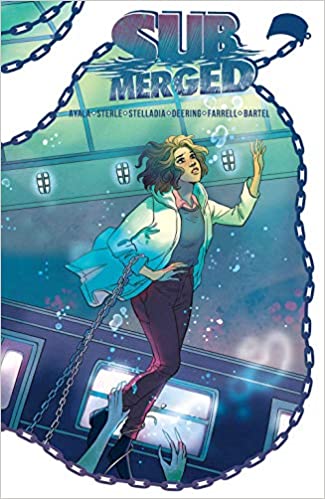

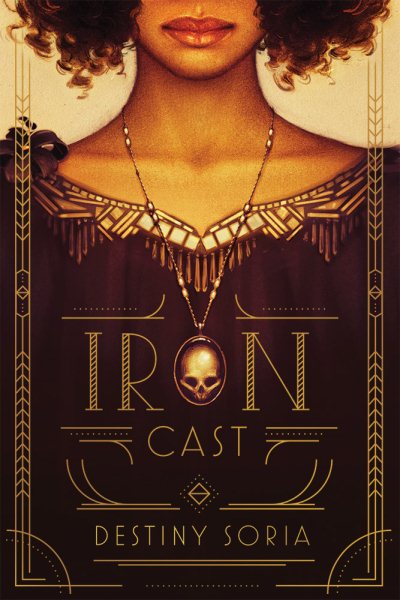

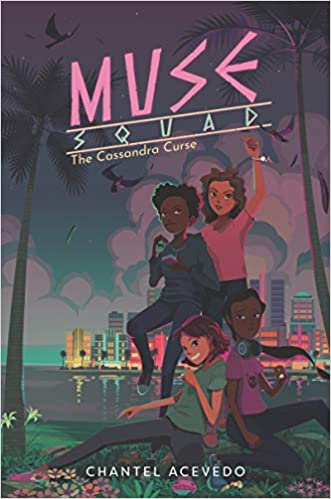

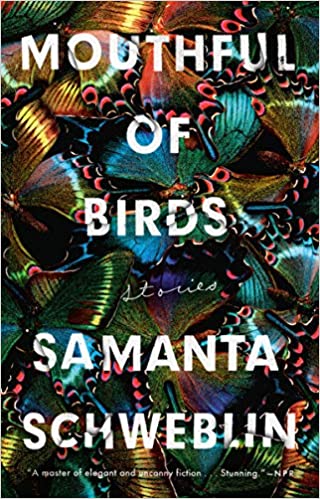

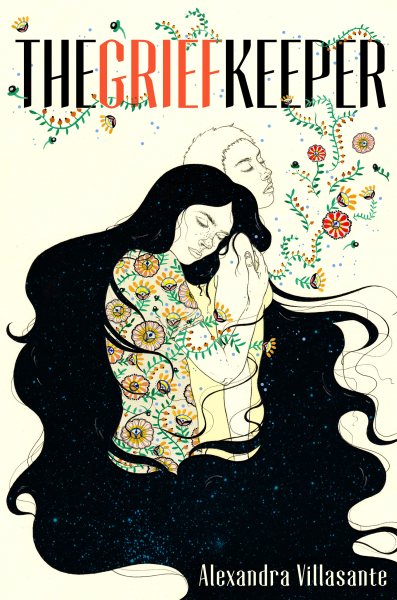

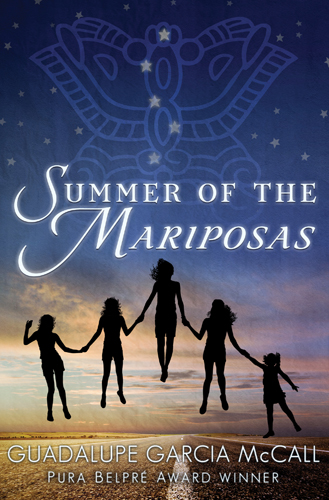



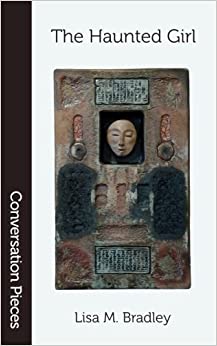

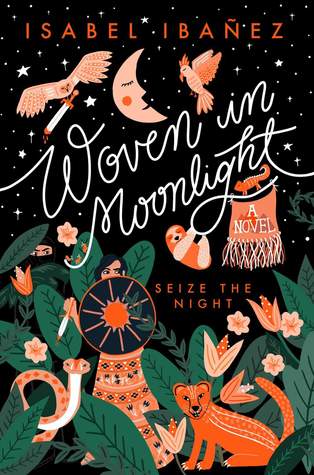

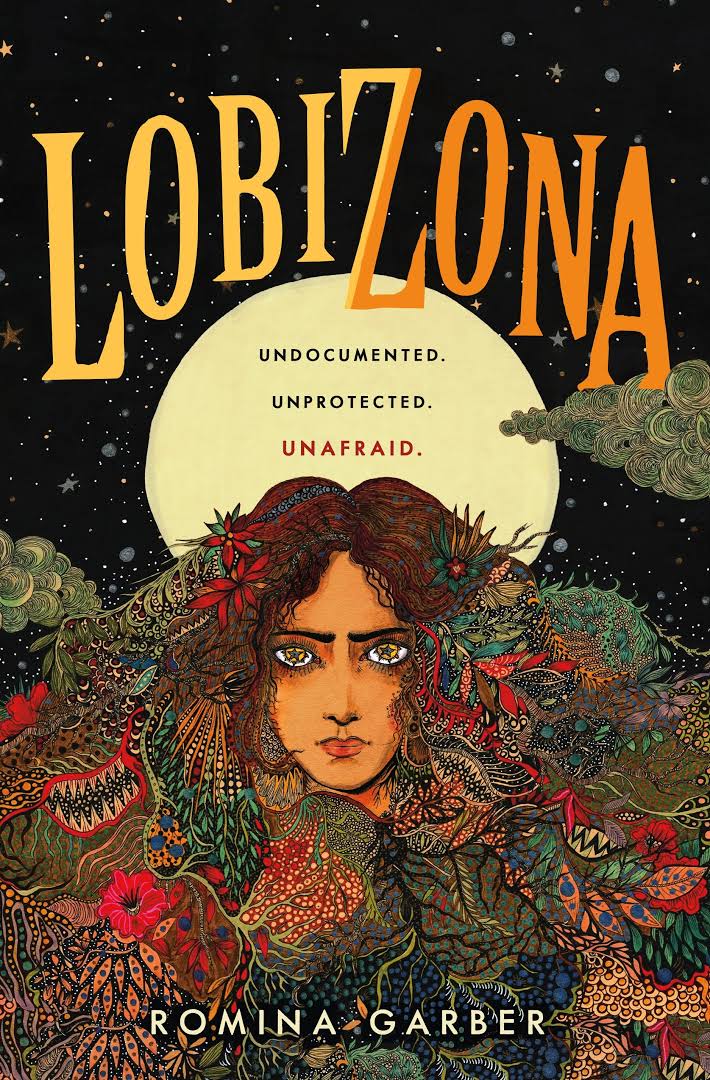



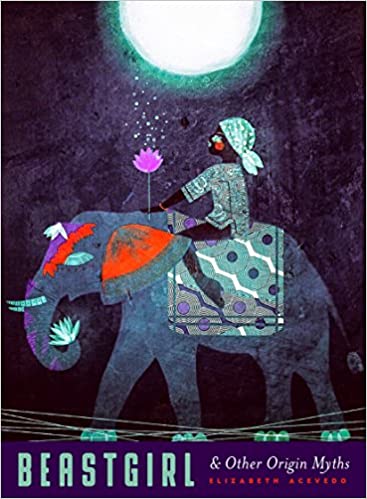

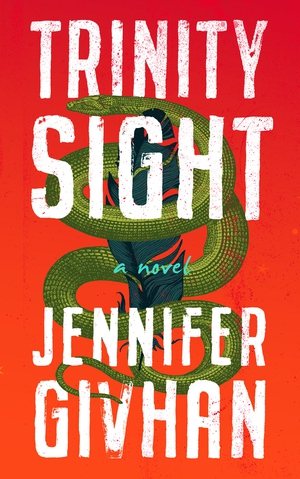

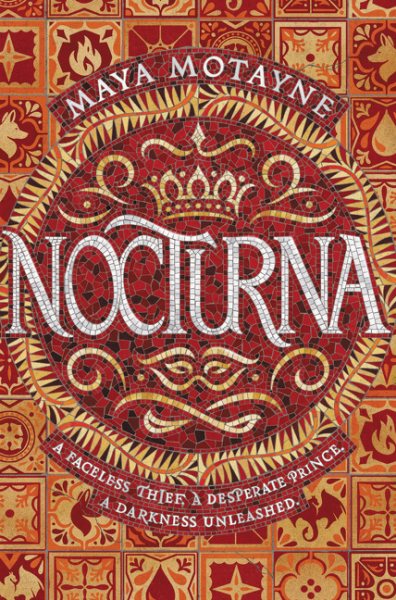

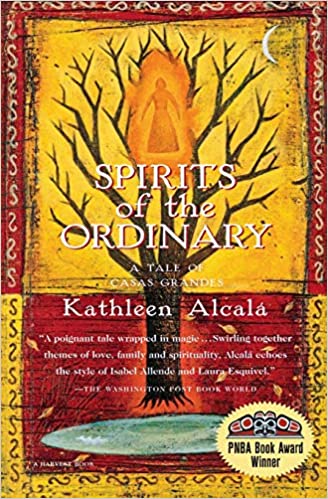



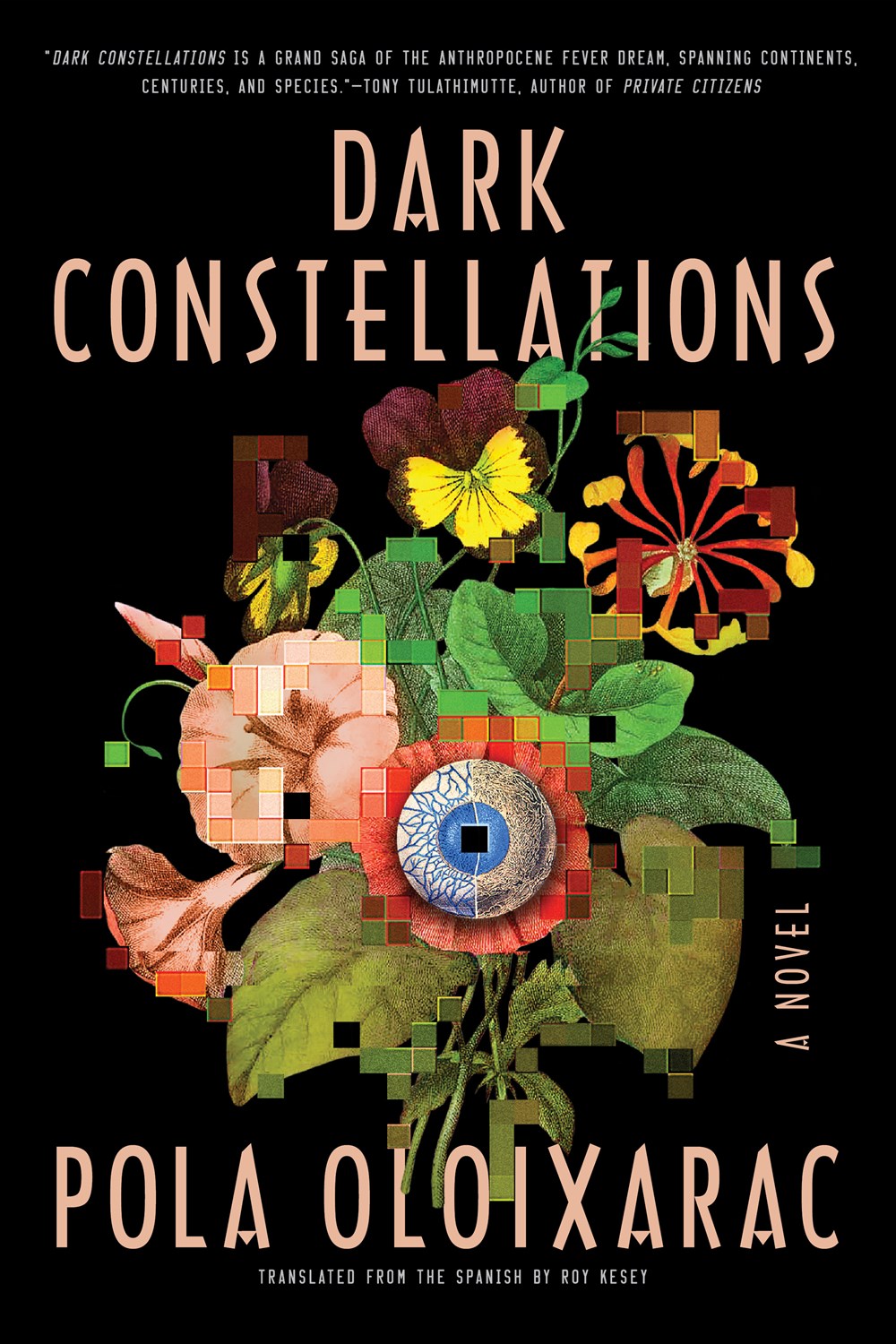

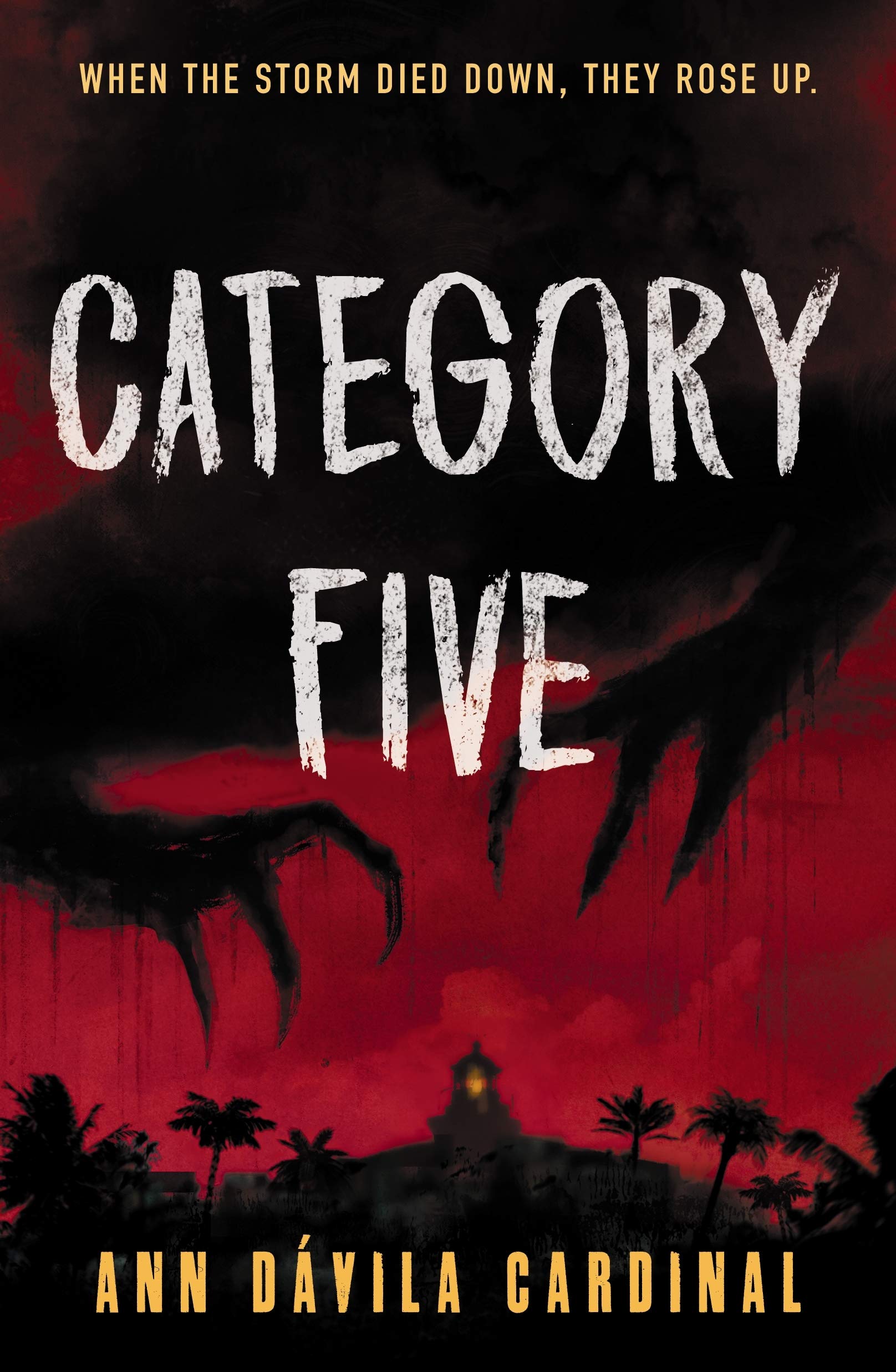

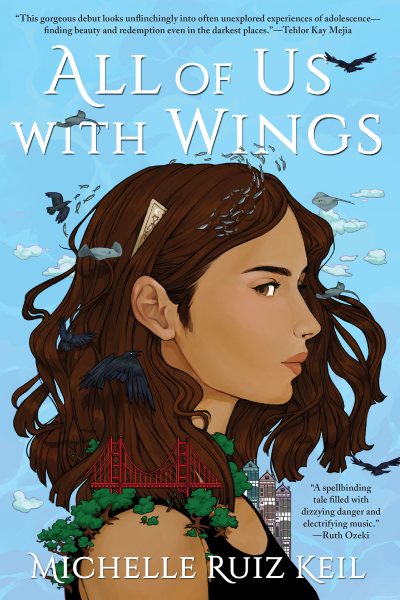

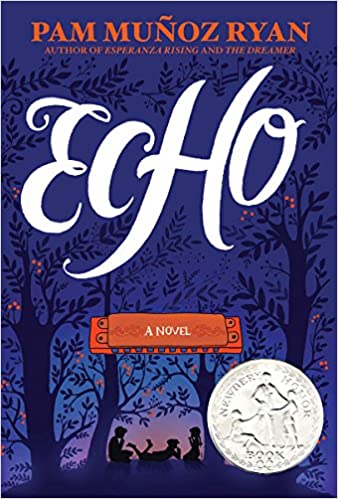

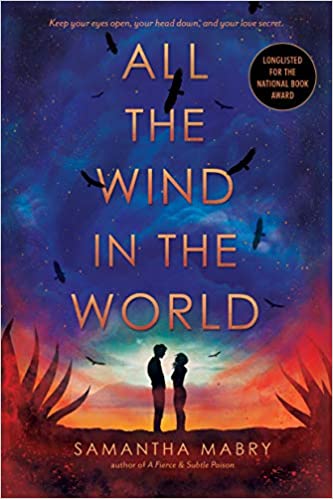

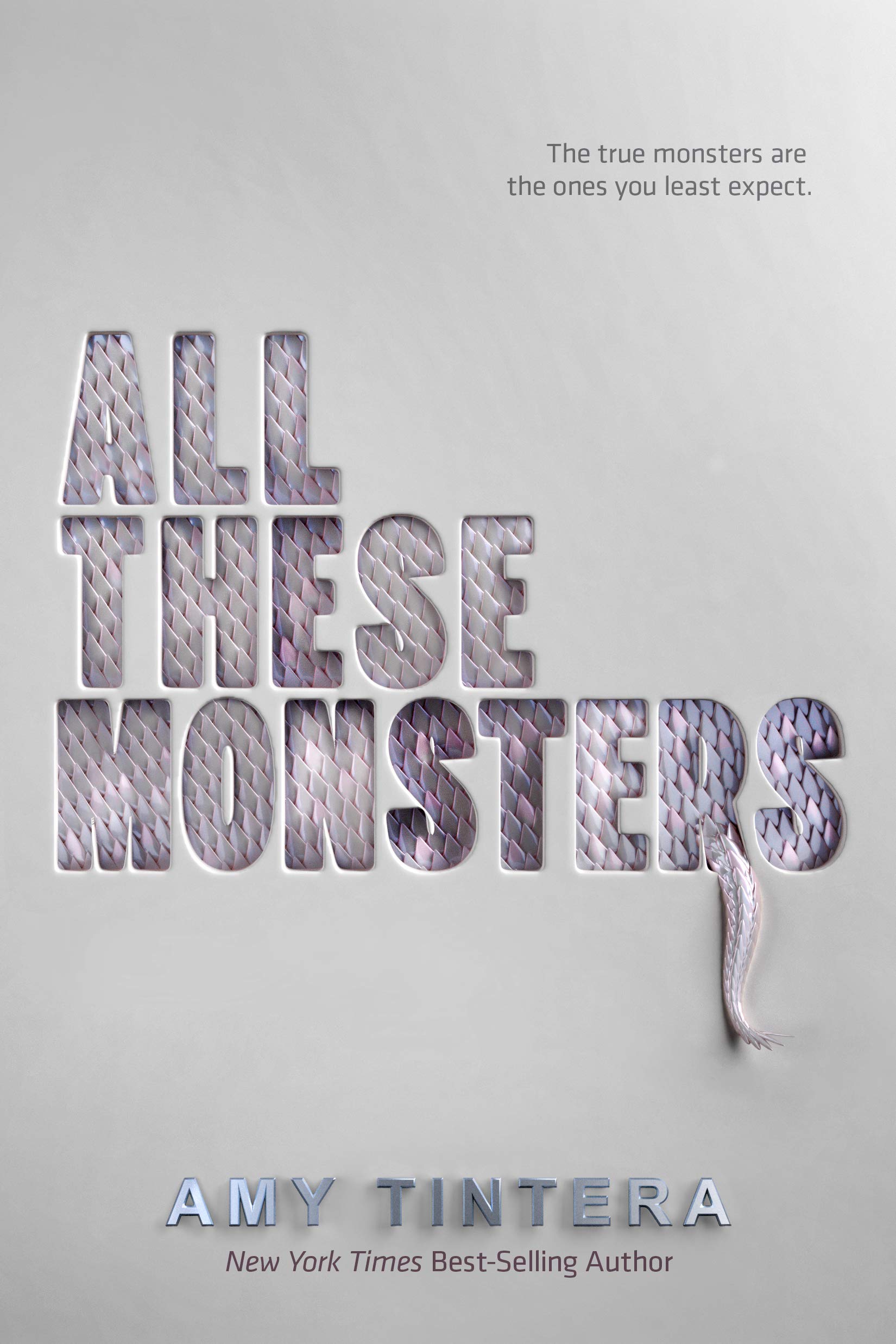

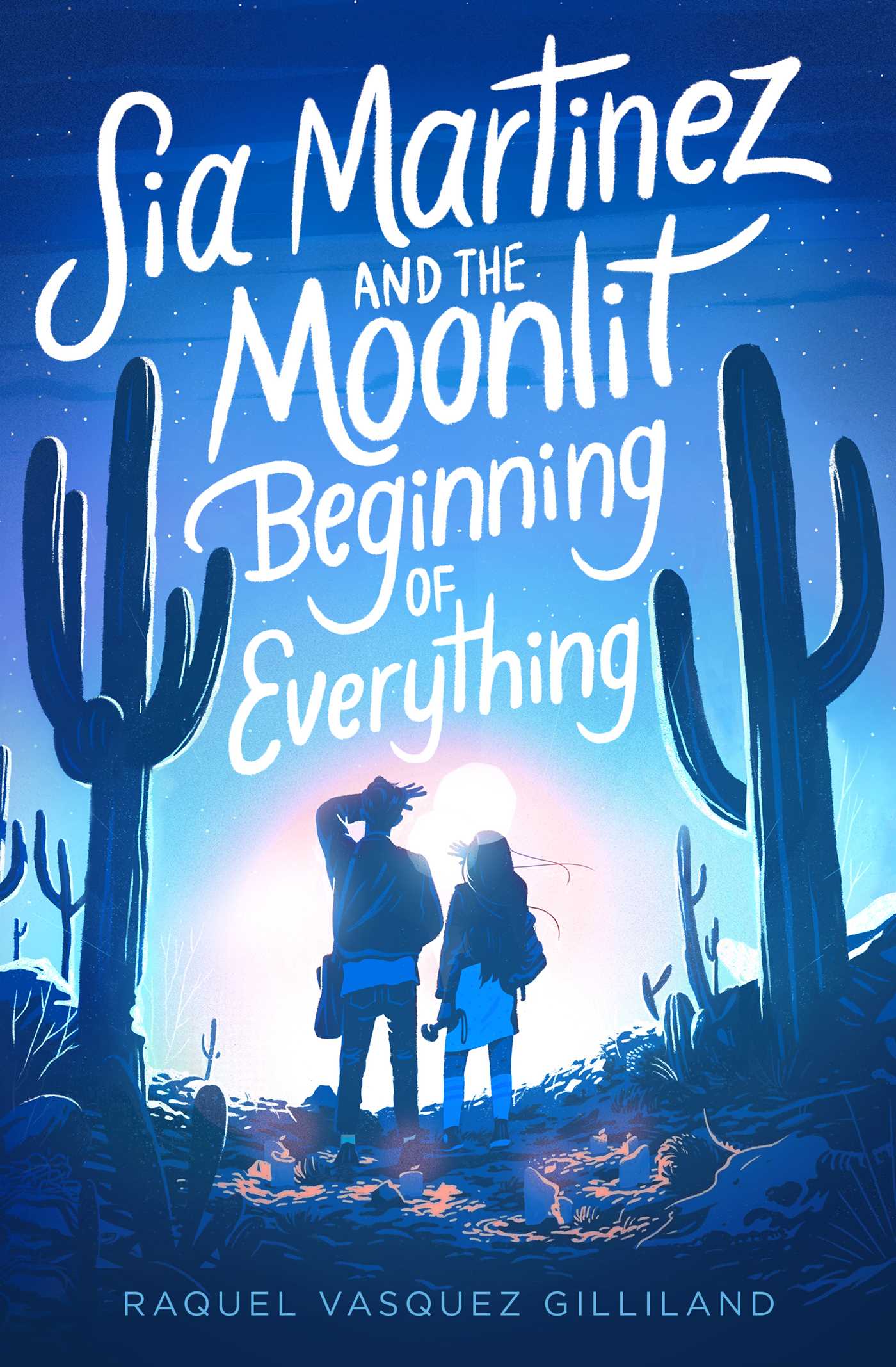

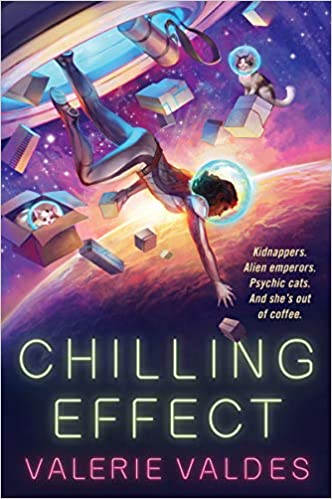

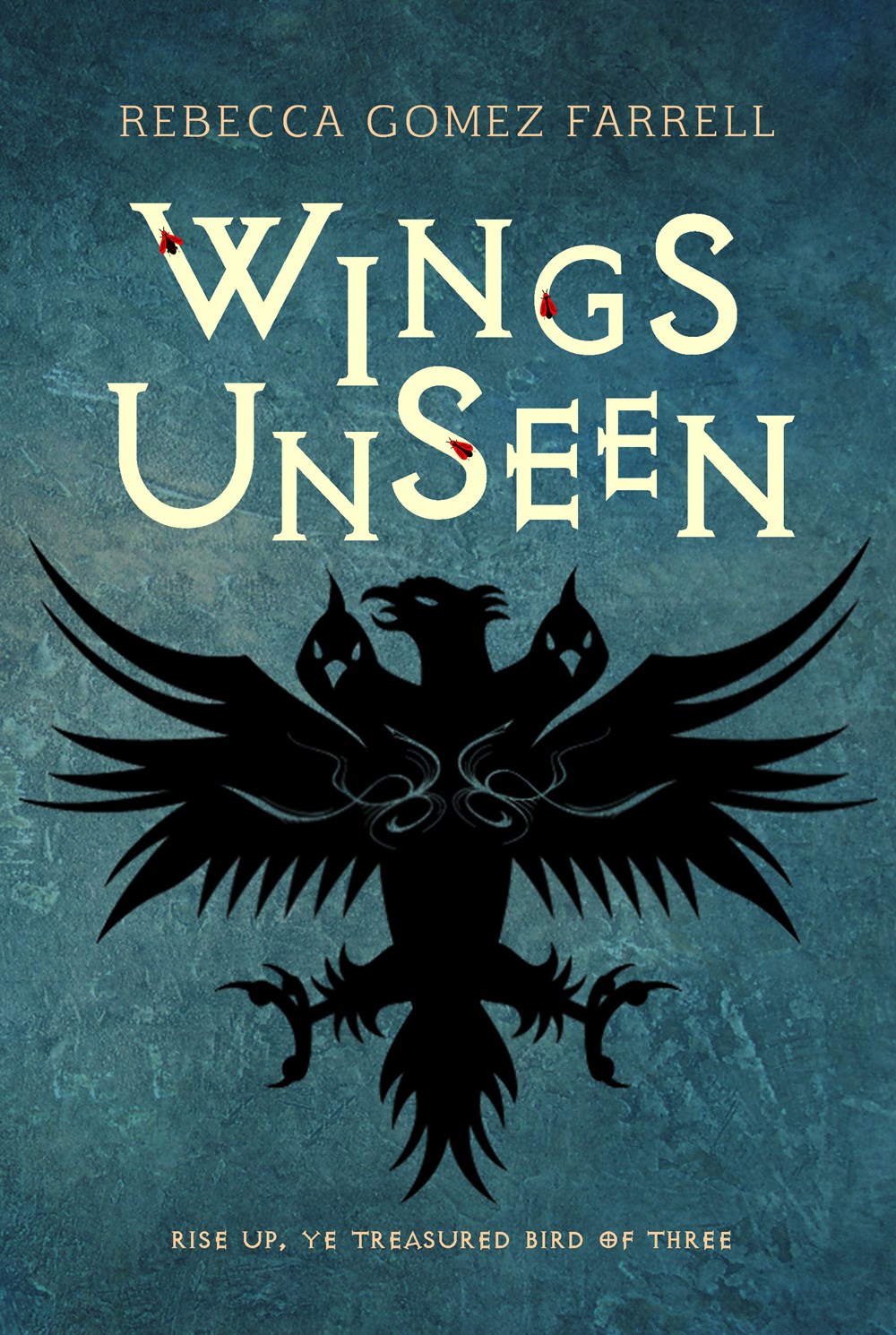



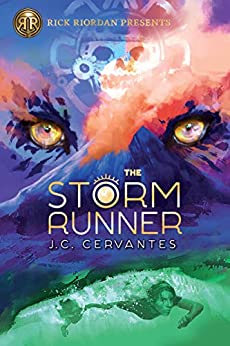

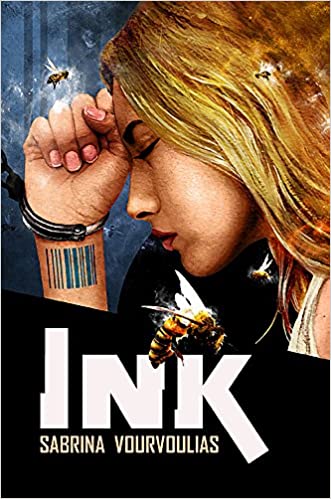

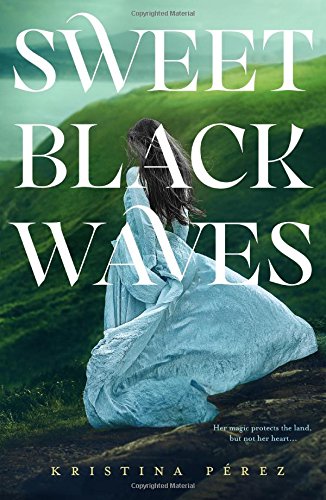




Connect with the Sirens community
Sign up for the Sirens newsletter